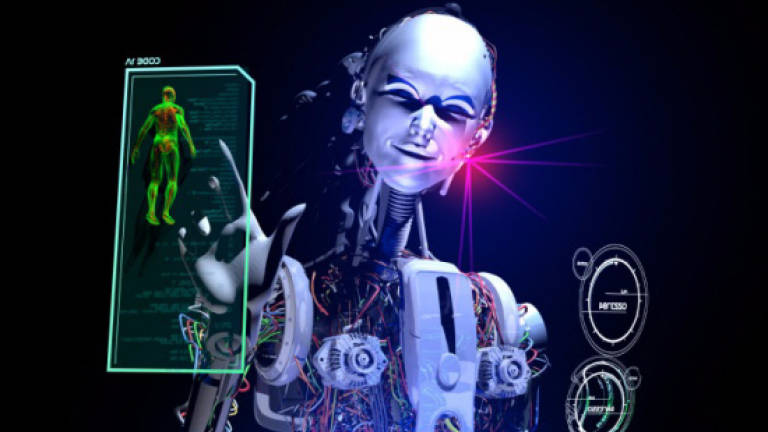Will the new business reality become a reality in Malaysia?

PETALING JAYA: Have you thought about how virtual reality could be used in your industry to improve the way you do your job or the service you provide to customers? If not it could be time to start because its wider use in the business world may soon be a reality, says recruiting experts Hays, in the latest edition of the Hays Journal.
Virtual reality (VR) came into existence seventy years ago and has been used across a number of applications since. In the 1970s it was utilised in the workplace for the first time, as it was used by the medical industry, military and in flight simulators. With the more recent technological leaps in VR, such as augmented reality (AR) seen in gaming, could organisations start to realise its full potential and put it to wider use?
While the technology is still used by the military and in medical training, other sectors are beginning to use it to good effect too. One example is in the construction industry, with VR Developers being hired to give their clients a walkthrough of a building before construction has begun.
The technology is yet to become more commonplace across the wider world of work, however, experts say the possibility for its wider application is already here. One area where its potential is being fully realised already is within training, historically it has been used in high-risk or high-value industries, such as aeronautical and engineering, but it is now being used to help train trade skills.
Tom Osborne, Regional Director of Hays in Malaysia said: “The number of possibilities virtual reality creates is astounding. While everyday use of the technology within business could still be some way off, there are a number of practical ways the tech could be implemented in the meantime to introduce a more personalised service to customers or to be used internally while managing remote workers.
“Once we start exploring the many ways it could be implemented, it could have a big impact on the world of work. For example, interviews could be conducted in virtual rooms, allowing workers to be interviewed face-to-face, albeit virtually, for a job on the other side of the planet. Remote workers could easily connect to the office for one-to-one or team meetings, even on boarding or one to one training for an employee thousands of miles away would become so much easier.”
As the technology sees an increase in its use, businesses will need the skills essential for its use. The skills required have yet to be standardised and may struggle to keep up with demand initially.
“As we have seen in recent years, new technology creates new job roles and in turn the need for new skill sets. Employers will need to look at their existing staff and see if there is the opportunity to upskill any of their employees, or whether it will involve bringing an entirely new skill base,” Osbourne added.